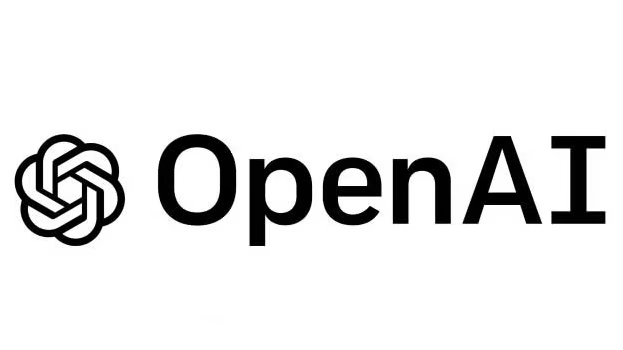In a significant development for Italy’s digital infrastructure ambitions, KKR-backed telecommunications firm Fibercop is poised to take control of a major, EU-funded fiber optic network project that has encountered substantial delays. This move aims to revitalize the nation’s broadband expansion efforts, particularly in underserved areas, and ensure the effective utilization of European Union recovery funds allocated for bolstering digital connectivity across the continent.
The project in question is a critical component of Italy’s National Recovery and Resilience Plan (NRRP), heavily financed by the EU’s post-pandemic recovery initiative, NextGenerationEU. The goal was ambitious: to bridge the digital divide by extending high-speed fiber-to-the-home (FTTH) connectivity to millions of households and businesses, especially in rural and remote regions often neglected by commercial operators. However, the rollout, managed by the incumbent operator, has faced significant hurdles, falling behind schedule and struggling to meet deployment targets. Bureaucratic complexities, planning permission delays, and logistical challenges in diverse geographical terrains contributed to the slow progress, raising concerns about Italy’s ability to meet its digital transformation objectives and effectively absorb the allocated EU funds within the stipulated timeframes.
Enter Fibercop, an entity established as a co-investment vehicle involving KKR, TIM (Telecom Italia), and Fastweb. KKR, a global investment firm with extensive experience in infrastructure projects, holds a significant stake and brings substantial financial backing and operational expertise. Fibercop’s existing mandate already involved accelerating FTTH deployment across Italy, focusing on ‘grey’ and ‘black’ areas where some infrastructure exists but competition can drive upgrades. Taking over the lagging EU-funded project represents a major expansion of its responsibilities, leveraging its more agile structure and focused deployment strategy to inject new momentum into the national broadband plan.
The decision reflects a growing trend where private equity and specialized infrastructure firms play an increasingly crucial role in deploying critical digital infrastructure. Their ability to mobilize capital quickly, implement efficient operational models, and navigate complex projects can be advantageous compared to traditional incumbents or purely public-sector initiatives. For Italy, entrusting Fibercop with this task signals a pragmatic approach to overcoming the roadblocks that have hampered the project thus far. The expectation is that Fibercop’s involvement will expedite the network construction, connect communities faster, and ensure that the substantial EU investment translates into tangible improvements in digital access for Italian citizens and businesses.
However, the transition is not without potential challenges. Integrating the EU-funded project scope with Fibercop’s existing operations will require careful coordination. Ensuring regulatory compliance, managing relationships with local authorities, and maintaining transparency regarding the use of public funds will be paramount. Furthermore, the success of this initiative will be closely watched by both the Italian government and the European Commission, as it serves as a test case for public-private partnerships in achieving large-scale digital infrastructure goals funded by the recovery plan. Ultimately, the strategic intervention by KKR-backed Fibercop aims to put Italy’s fiber rollout back on track, contributing significantly to the country’s economic competitiveness and digital future, while ensuring the impactful use of vital European Union resources intended to foster resilience and growth across member states.
Source: BTW Media

